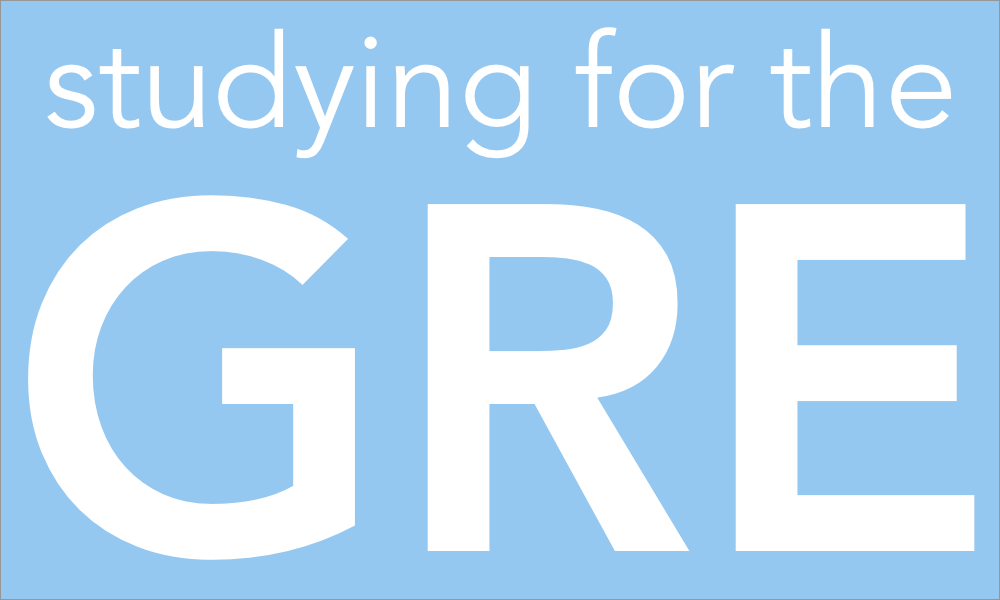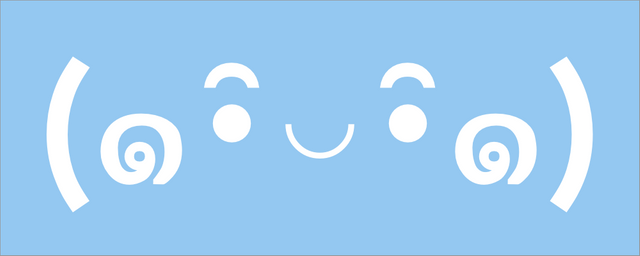How I Used Anki to Bring My GRE Verbal Score From the 73rd Percentile to the 96th

Note: This is an edited and updated post from my old blog on December 17, 2012.
In early 2012 I had to take the GRE as part of my application for graduate school. Despite the fact that the verbal section has never been a strong point for me, this time I was able to improve my score quite a bit without enrolling in a special course. I’d like to go over exactly how I studied in case it might be helpful for anyone.
Normally I wouldn’t go around giving specifics about my scores but I feel like in this case it does a good job of showing that, 1) I don’t have any sort of super test-taking power and, 2) improvement can be made without spending a fortune on a class.
I think for most people who are applying to grad school, the verbal section of the test is not a way to measure “intelligence,” but rather the number of words you are familiar with. It took me awhile to realize this, but studying Japanese finally helped put things into perspective. The amount of reading someone does is probably also a pretty big contributor to scoring well, but this is a much harder thing to make up for while studying. However, even with reading comprehension I found that in most cases the questions I had trouble with were difficult because of a few pesky words.
My scores on the verbal section progressed like this:
November, 2006 – 54th percentile
January, 2007 – 73th percentile
September, 2012 – 96th percentile
As you can see, when I took the test for the first time in 2006 I was right in the middle of the pack. I honestly can’t remember how much I studied before I took the test. I remember looking through some books and taking practice tests, but I’m an old man now and the details escape me. The 19 point improvement made on my second attempt at the test was the result of a GRE class that was several hundred dollars. I was happy with the improvement, but for the third time I was able to improve my score by 23 points for about $11.
Admittedly, the second time I took the test was more than 5 years before the third (and I started reading a lot more before the third attempt), but I really do think the way I studied played a major part in my improved score.

Step 1: Anki Cards (~3 months)
I started by making cards in Anki for all of the words I didn’t know in Essential Words for the GRE. I just used the definitions and example sentences provided in the book, with example sentence on the front of the card and definition on the back. I think I ended up making about 600 cards total (of the 800 words in the book).
For some more information on making cards in Anki, check out my series on learning Japanese.
I first went through and made cards for the “300 Absolutely Essential GRE Words,” and then went back through and added all of the rest. For the most part, I tried keeping it to about 5 or 10 new words per day.
As I studied the cards in Anki, I tried to keep in mind that I would need to be able to recognize the words on the test, which in many cases is without context. So if I came across a word I got right, but needed the context of the sentence, or got it right but was still hazy on the meaning, I failed the card and reviewed it again. Despite the lack of context on the test, I decided to study with sentence cards because it makes the words easier to remember (and generally more enjoyable to review).
Something cool that happened throughout this process was that I started seeing a lot of the words I was studying when reading or watching TV each day. I hadn’t really noticed before but there were (and still are) a TON of English words that I don’t have a full understanding of despite coming across them all the time. Apparently I was just doing a good job of ignoring them until now and studying them helped me pay attention to what I didn’t know.

Step 2: Practice Questions (~1 week)
Studying the cards in Anki does a great job of giving some basic exposure to the words and what they mean, but in reality it takes something a bit more focused to drive the meaning of the word home. The nice thing about using the SRS is that it helps you build a concrete base for most of the words, and you just need to reinforce them with some practice. With cramming you tend to get a fragile understanding that feels like it will fall away at any moment if you sneeze too hard.
About two weeks before the GRE, I started going through the practice problems in the book I linked to above, and problems in some practice tests as well. I marked any words I still didn’t know and made cards for them if I hadn’t already.

Step 3: Review and Practice Tests (~1 week)
The week before the test, I crammed in the special sort of way you can cram after already studying something every day for 3 months. I had a general understanding of most of the words I came across at this point (still not even all of them despite already learning 600 new words), but the problem was I couldn’t always recognize them out of context or without something to jog my memory. To help with this I reviewed the words I had marked in Step 2, while continuing to review all of the cards in my SRS. I tried not to get too intense with the cramming because I didn’t want my brain to feel like goo before the test.
During this last week I also took a couple practice tests (the ones available for free from the ETS) and kept track once again of any words I didn’t know. This time I just kept a list of any I didn’t know and reviewed the list in the few days leading up to the test.

Expectations
I want to stress that you can’t expect that studying cards in an SRS means you’ll be able to recognize every word every time. Similar to learning a foreign language, it takes some time (and a lot of reading) to know each word instantly when you come across it, but I’ve found that the SRS helps speed up the process.
This ended up being a lot of work, but I do think it had a huge impact on my score. I think you can probably tell that I didn’t use any magical test taking secret. Anyone can use this same approach to improve their score as well.
I think a big part of what makes studying for the verbal section so difficult is that the scope of what needs to be done is much bigger than most people would think. I wouldn’t have guessed that it would take learning 600 new words in English to make this sort of improvement.
So I hope everything is clear and can be helpful for anyone preparing for the test. I think this approach would work really well for the SAT or any similar test with a verbal section. If you have any recommendations of things you used to improve your score or need some clarification on my approach, please just let me know in the comments! And good luck if you’re applying to graduate school!
Congratulations @jeffbernst, this post is the ninth most rewarded post (based on pending payouts) in the last 12 hours written by a Newbie account holder (accounts that hold between 0.01 and 0.1 Mega Vests). The total number of posts by newbie account holders during this period was 5202 and the total pending payments to posts in this category was $5763.20. To see the full list of highest paid posts across all accounts categories, click here.
If you do not wish to receive these messages in future, please reply stop to this comment.